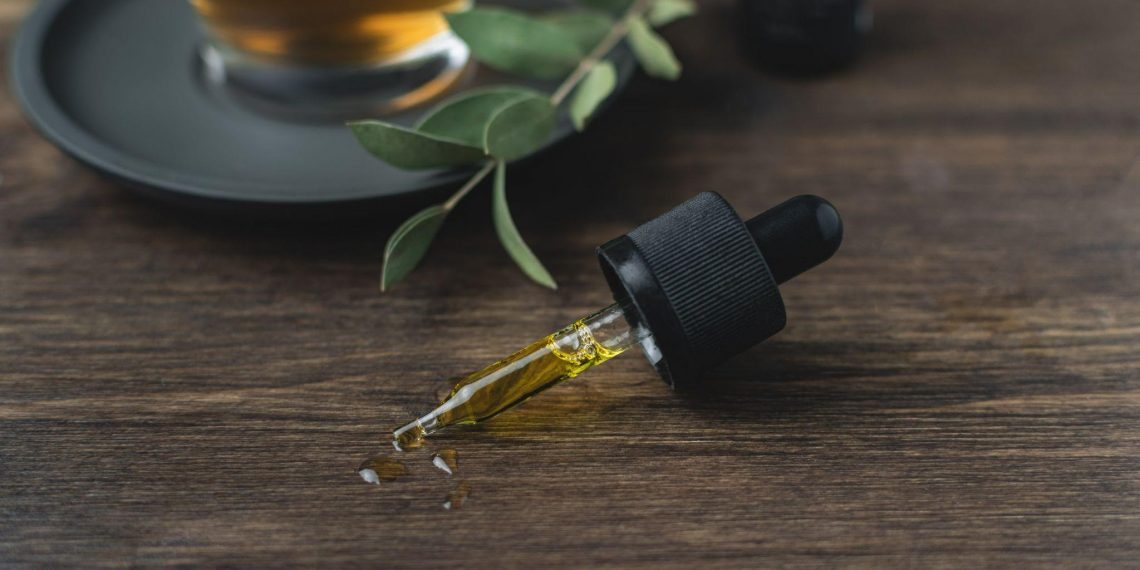So you’re walking down the drugstore aisle, and all you can see are skincare products bearing the tag “CBD infused.” While you’re a little confused by this new trend, you’re equally curious about the significance of CBD in skincare products. Well, you’re not alone.
Over the past few years, many skincare experts and brands have touted CBD as the next best ingredient for skincare. But are these claims true? Does CBD offer any benefits for people struggling with skin conditions?
Unfortunately, you can’t rely on justCBD reviews if you’re itching to find out more. In this article, we’ll explore some fact-based benefits and effects of CBD oil on skincare problems. But first, let’s start with the basics.
What is CBD oil?
Contents
CBD (short for cannabidiol) is just one of about 200 cannabinoids that are found in cannabis. Manufacturers often combine this chemical compound with an oil such as hemp or coconut oil to create a CBD liquid. Usually, they do this by using heat to extract CBD from the cannabis oil and then combining it directly with a carrier oil.
Thanks to its growing popularity, people can easily purchase CBD oil or beauty products that contain this oil for treating their skin issues. They can apply it directly to their skin, add it to their creams and lotions, or simply place a drop under their tongue. CBD oil won’t get you high when used in skin care because it doesn’t contain mind-altering properties unlike tetrahydrocannabinol (THC).
It’s important to note that CBD oil can also be used for several health conditions. However, in this guide, we’ll simply focus on its uses for skin conditions. So read on.
CBD oil for acne

Studies have shown that up to 90% of the world population suffer from acne at some point. Over the years, some “solutions” have been recommended for this common skin condition. From aloe vera to urine, there’s no end to the number of ridiculous suggestions that acne-prone people have been subjected to. However, CBD oil can help to get rid of acne, and we’ll show you how.
Research has shown that acne is an inflammatory condition that could be caused by several factors. However, applying anti-inflammatory products (did someone say CBD?) can help soothe the skin and visibly reduce breakouts and acne-related redness.
Studies have also shown that CBD oil has anti-inflammatory benefits when applied to acne-prone skin. It helps to reactivate the skin and makes it look and feel better. But that’s not all. CBD oil equally has the potential to decrease excess sebum production, thereby reducing one’s likelihood of developing acne.
However, it’s important to note that these findings aren’t conclusive and will need further studies to back them up.
Does CBD oil work for wrinkles and aging?
Most plants have anti-oxidant properties, and since CBD is derived from a plant, it comes as no surprise that this substance also has anti-oxidant properties. Thus, when used topically, it can lessen the visible signs of aging and diminish skin issues like dullness, ruddy skin tone, and wrinkles.
Although there are several other antioxidants that claim to have these same effects on skin, CBD oil is a great option for people who want to stick to natural plant-based products.
CBD oil for eczema and psoriasis
According to experts, CBD can be helpful in treating skin conditions like eczema and psoriasis. A small study carried out on twenty participants with eczema or psoriasis revealed CBD’s positive effects on these skin conditions. The participants used a CBD-enriched skin ointment twice a day for three months. At the end of the period, they noticed reduced inflammation and general skin improvement.
However, the study had many limitations and required further research in order to get a conclusive finding on CBD oil’s benefits and long-term effects.
Does CBD oil have any side effects?
Several studies have shown that CBD oil could have numerous side effects when ingested. For instance, it could cause liver issues or other mild symptoms like dry mouth, nausea, and fatigue. There’s not enough information on whether CBD can have the same effects when used topically, but experts claim that there’s likely little harm that can come from applying a CBD-based product onto your skin. If you notice any skin rash or allergies after using a CBD-infused product, you should consult your dermatologist.
How to use CBD oil
Wondering how to use CBD oil for your skin conditions? It’s quite simple. The most common way to use CBD oil for skin conditions is by infusing it into your lotions and creams or applying it directly on your skin. You could also ingest this substance by taking CBD oil supplements or placing it under your tongue.
However, we have to sound a note of warning: be cautious when purchasing CBD oil or CBD-based products for your skin. Several companies now tout fake CBD oils that contain nominal amounts of active cannabinoids. If you’re looking to integrate CBD oil into your skincare routine, consult your doctor first and ensure that you purchase from a reputable vendor that sells the best CBD oil products.
Final Thoughts
CBD oil has been touted as the next best skincare trend for a good reason. It has several benefits and can be quite helpful in treating a wide range of skin conditions. However, despite this encouraging news, it’s still advisable to be cautious when using CBD-based products on your skin, as there aren’t any conclusive findings yet.










